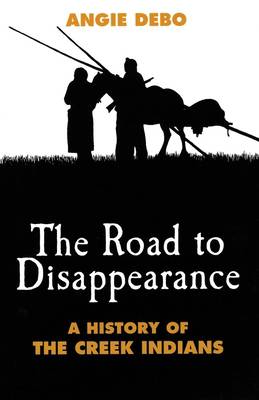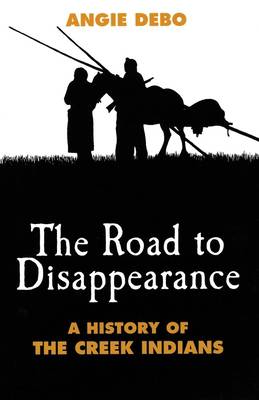
En raison d'une grêve chez bpost, votre commande pourrait être retardée. Vous avez besoin d’un livre rapidement ? Nos magasins vous accueillent à bras ouverts !
- Retrait gratuit dans votre magasin Club
- 7.000.000 titres dans notre catalogue
- Payer en toute sécurité
- Toujours un magasin près de chez vous
En raison de la grêve chez bpost, votre commande pourrait être retardée. Vous avez besoin d’un livre rapidement ? Nos magasins vous accueillent à bras ouverts !
- Retrait gratuit dans votre magasin Club
- 7.000.0000 titres dans notre catalogue
- Payer en toute sécurité
- Toujours un magasin près de chez vous
Description
Two hundred years ago, when the activities of the white man in North America were dominated by clashing imperial ambitions and colonial rivalry, the great Creek Confederacy rested in savage contentment under the reign of native law. No one in their whole world could do the Creeks harm, and they welcomed the slight white man who came with gifts and promises to enjoy the hospitality of their invincible towns. Their reputation as warriors and diplomats, during the eighteenth and early nineteenth centuries, extended to the most distant reaches of the Indian country. Secure in their careless strength, friendly toward the white man until his encroachment made them resentful and desperate, they learned that they had no guile to match broken promises, and no disciplined courage to provide unity against white ruthlessness. Broken, dissembled, and their ranks depleted by the Creek and Seminole wars, they were subjected to that shameful and tragic removal which forced all the Five Civilized Tribes to a new home in the untried wilderness west of the Mississippi. There, when they found the land good, they revitalized their shattered tribal institutions and rebuilt them upon the pattern of the American constitutional republic. But contentment again was short-lived as they were encircled by the encroaching white man with his hunger for land, his herds of cattle, and his desire for lumber, minerals, and railway concessions. They were faced, moreover, with internal political strife, and split by the sectionalism of the Civil War. Yet, they still survived in native steadfastness-a trait which is characteristic of the Creek-until the final denouement produced by the Dawes Act. In The Road to Disappearance, Miss Debo tells for the first time the full Creek story from its vague anthropological beginnings to the loss by the tribe of independent political identity, when during the first decade of this century the lands of the Five Civilized Tribes were divided into severalty ownership. Her book is an absorbing narrative of a minority people, clinging against all odds to native custom, language, and institution. It is the chronicle of the internal life of the tribe -the structure of Creek society-with its folkways, religious beliefs, politics, wars, privations, and persecutions. Miss Debo's research has divulged many new sources of information, and her history of the Creeks since the Civil War is a special contribution because that period has been largely neglected by the historians of the American Indian. Angie Debo was reared in a pioneer community, at Marshall, Oklahoma, where it has been her privilege to know from childhood the folkways of the Indians and the traditions of the western settlers. A member of her community high school's first graduating class, she later attended the University of Oklahoma, where she was a Phi Beta Kappa, and took her B.A. and later her Ph.D. degree; she received her master's degree from the University of Chicago. Her education was combined with intervals of teaching in country schools, starting at the age of sixteen. Miss Debo's distinguished reputation as a regional scholar has been enhanced by her book, The Rise and. Fall of the Choctaw Republic, which won the John H. Dunning prize of the American Historical Society for the best book submitted in the field of United States history in 1934, and for her later, book, And Still the Waters Run. She has been a teacher in schools and colleges both in Oklahoma and Texas and was curator of the Panhandle-Plains Historical Museum in Canyon, Texas. More recently she has been state director of the Federal Writers' Project in Oklahoma, in which capacity she edited Oklahoma: A Guide to the Sooner State for the American Guide Series.
Spécifications
Parties prenantes
- Auteur(s) :
- Editeur:
Contenu
- Nombre de pages :
- 416
- Langue:
- Anglais
- Collection :
- Tome:
- n° 22
Caractéristiques
- EAN:
- 9780806115320
- Date de parution :
- 15-10-79
- Format:
- Livre broché
- Format numérique:
- Trade paperback (VS)
- Dimensions :
- 137 mm x 213 mm
- Poids :
- 471 g

Les avis
Nous publions uniquement les avis qui respectent les conditions requises. Consultez nos conditions pour les avis.






